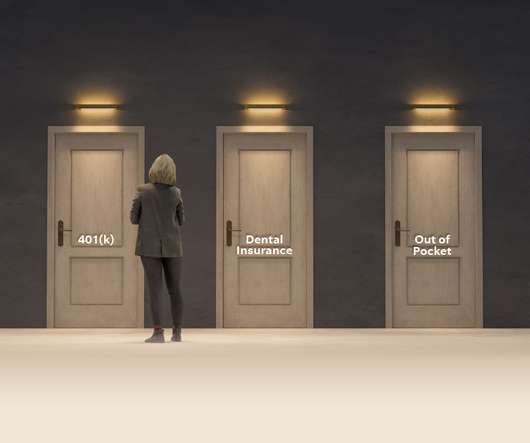Flexible Benefit Plans Give Employees More Options
InterWest Insurance Services
MARCH 22, 2022
Employers fund these flexible benefit plans with funds that are deducted from their employees’ salaries on a pre-tax basis. Options can include: Health insurance, Voluntary benefits premiums (like vision and dental), Life insurance, 401(k), and. Flexible spending account.












Let's personalize your content